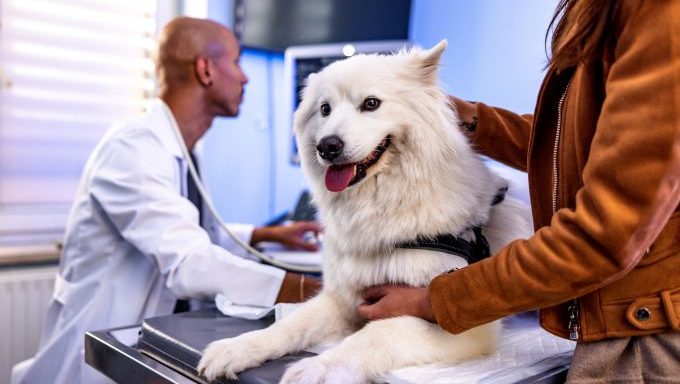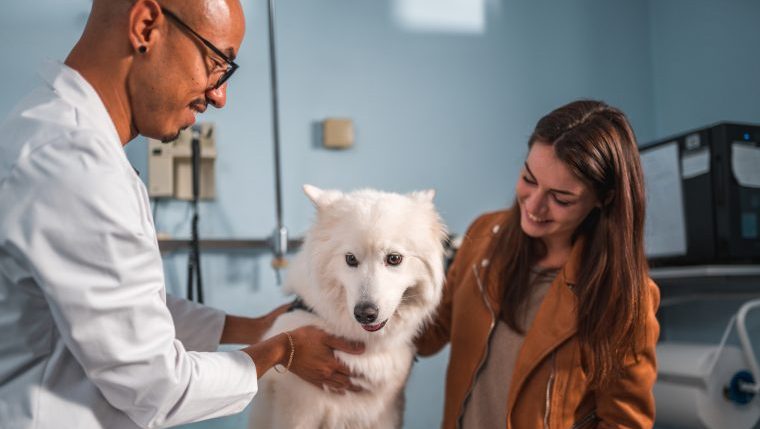
We know how much your four-legged friends mean to you; they’re not just pets, they’re family. And as part of the family, you want to ensure they’re healthy, happy, and well cared for. But let’s be honest: vet visits sometimes give us…


We know how much your four-legged friends mean to you; they’re not just pets, they’re family. And as part of the family, you want to ensure they’re healthy, happy, and well cared for. But let’s be honest: vet visits sometimes give us…



